
We kindly inform you that, as long as the subject affiliation of our 300.000+ articles is in progress, you might get unsufficient or no results on your third level or second level search. In this case, please broaden your search criteria.


The aim of this report is to identify the main indicators that influence the occurrence of accidents and to propose measures to reduce the damage. As a result of accidents on the roads each year damage is inflicted on the national economy amounted to 2% of gross domestic product. The outlined guidelines form the relevance of the chosen topic. The aim is to examine the possibilities, ways and means to manage more effectively the risk of accidents. The statement in this report does not claim to be comprehensive study, but only a brief summary of the problem and its impact on the security of the country.
More...
People nowadays very often work from home or different business sites and can build teams of individuals based in many different locations, sometimes continents apart that have never met each other face to face but cooperate thanks to communication technologies. Such teams are known as virtual teams. It is rare to meet the teams that are not virtual at least to some extent (Kirkman & Mathieu, 2005). What is surprising is the fact that there is no agreement among researchers on how to define virtuality nor how to measure it. Because the phenomenon of virtual teams is very promising from both practical and theoretical perspectives, the aims of this article are following: to compare definitions of virtual teams, to check how virtuality was measured in selected empirical studies. Also, to present results of my empirical research on 206 individuals with two different measures of virtuality (distance between team members and a number of face-to-face meetings). In conclusions, virtuality as a feature of any team is presented, and researchers are encouraged to include virtuality dimension in the wider research on the teams.
More...
Integrimi në BE, pozicionimi në "Hapësirën Administrative Evropiane", rregullimet në ndryshime të mjedisit, ato të orientimit të qytetarëve, janë vetëm disa nga kërkesat me të cilat përballet administrata shtetërore në Serbi. Zbatimi i suksesshëm i reformës në administratën shtetërore, është reflektuar mbi të gjitha në përmirësimin e efikasitetit dhe efektivitetit të punës së saj. Elementi kyç për zbatimin e pergjithshëm të saj kërkon krijimin e një sistemi të zhvillimit profesional, i cili do të sigurojë përmirësimin e vazhdueshëm të njohurive profesionale dhe aftësive të nëpunësit civil. Vetëm në këtë mënyrë, të punësuarit do të jenë në gjendje për të mbajtur ritmin me kërkesat profesionale në rritje në aspektin e njohurive, me kërkesën e aplikimit të teknologjive dhe metodave të reja të punës, me kërkesën për zhvillim të standardeve të reja dhe ofrimin e shërbimeve për qytetarët.
More...

Residents of local communities seek to actively participate in all matters of their municipality, in particular they want to decide on their own way of spending public funds. We can see an increasing interest of citizens in modern local financial management instruments, one of which is a participatory budget. Participatory budget is an instrument that allows residents to create a community budget and participate in the exercise of power. The participatory budget creates better conditions for the management of public finances at local level, and in particular to focus on the investment desired by the members of the local community, often overlooked by the rulers.
More...
The participative budget has been in operation for only 28 years. However, at that time, this solution won a lot of supporters. It is the result of the benefits of its introduction that can be seen in different areas. The key benefit, as it can be believed, is the support that the participative budget gives to democracy. It is because it establishes a dialogue between the state and society, what becomes a tool for the construction or reconstruction of democratic relations.
More...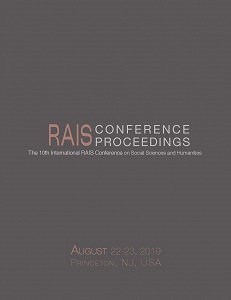
In a 2013 report released by the United Nations water insecurity was identified as a national security issue. This is due to the close correlation between mismanagement of water resources and acute conflict. With humanity's available potable water table under increasing stress from pressures like population growth, the effects of climate change and privatization, the potential for conflict to arise becomes more likely. This has been made painfully clear in Yemen, where a complex humanitarian crisis has evolved in recent years, called one of the worst crises of 2018. Disease, famine and conflict have spread rapidly, aggravated and in part induced by the consequences of being one of the most water-stressed countries in the world. This research examines the nature of the Yemeni crisis, particularly the role that water has played in it. It makes the case that in order for civilian casualties to be minimized, access to water must be protected.
More...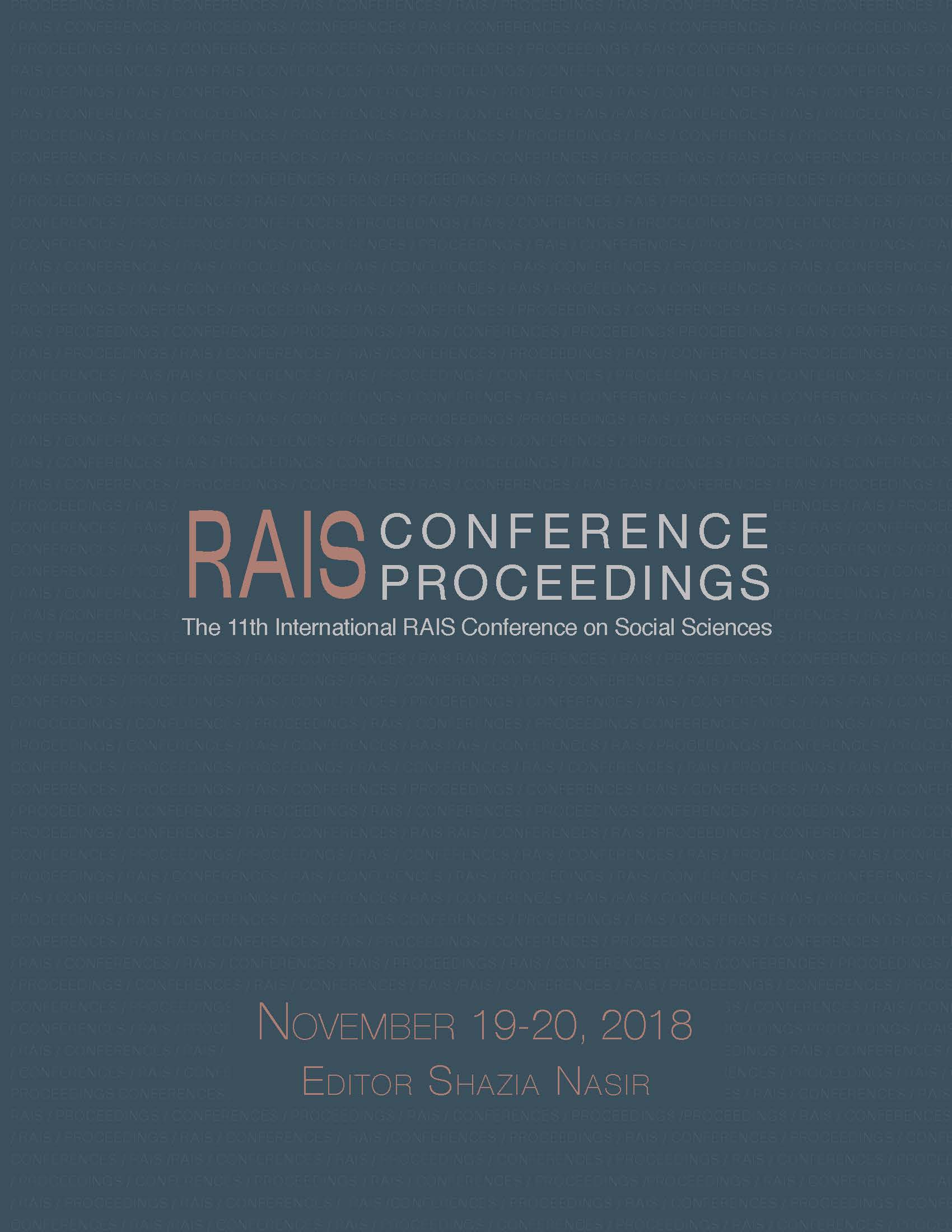
The world boasts a rather rich experience with regard to both public function itself and public function institution, hence civil servant category. Public servants appeared along with the organised state, a relevant culture, even a patrimony developing throughout millennia and centuries. Civil servants (even if not always called as such) have existed in all societies all over the world. Certainly, the meaning of this concept and of civil service differed in time. For some, civil servants were a kind of clerks dealing with the paperwork needed in the relation of the powerful with their subjects, of the authorities with the citizens, for others they included state administration, clerks in ministries, those responsible with tax collection, more or less all those remunerated from the state budget, except dignitaries and military. Presently, all states have civil servants who work in keeping organic laws which regulate the activity pertaining to the operation of a state, to public order and to state security, to optimising the relationships between authorities and citizens etc. In Romania, the activity of civil servants is regulated by Law no 188/1999, amended in 2018, on the Statue of Civil Servants, and by Law no 156/2018 amending Law no 188/1999
More...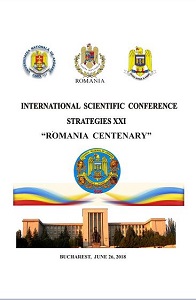
The article wishes to publish the results of a survey aimed at identifying the subjective perceptions of the residents of Brasov on the risks/dangers affecting the security of the respondents and to highlight by correlational analysis the economic and social factors influencing these perceptions. The research objectives aim at identifying the most frequently mentioned risks at the level of the Braşov community, describing the profile of persons in the Brasov community vulnerable to risks, and correlative analysis of the interdependence of the perceived risks. Using this data collection tool, the questionnaire, we aimed to analyze the issue of security according to the classical dimensions promoted by the Copenhagen School: economic, political, social, military and ecological.
More...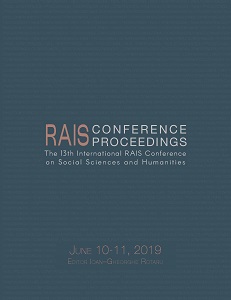
In history, between Law and Religion there existed an important connection because both have their origin in establishing some norms regulating the conduct of man in the society. Thus, if at the beginning, the religious and the legal norms were almost identical, over time these began to differentiate, preserving, however, a latent and permanent connection. In its evolution, law has always represented an assembly of behavioural rules in the social connections, whose main feature is the mandatory feature establish for all its members of a society. By studying religion, we can establish similar rules as the law ones, having as purpose the creation of a manner for preserving peace and understanding between individuals, without family links, rules which had to be complied with by all the participants in a social, economic or religious process.
More...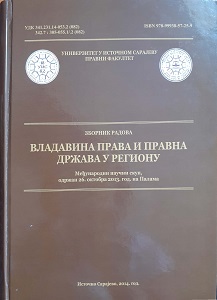
The transition is most often perceived as a prerequisite for democracy, as an undemocratic transformation into a democratic system that is consolidated when the government acquires a habit to operate within the established legal framework. The legal state is thus defined by its law, which in turn is defined by its clearly established values. The law of the states of this region turned the transition into an excuse for a slow transformation with unclear values which, instead of supporting the establishment of the legal state and the rule of law, are minimizing the importance of these two concepts. Elaborating on the phenomenon of the rule of law and the rule of law in the context of transition, by applying comparative law method, teleological and axiological methods and content analysis, the paper confirms the starting hypothesis that the social forces and political entities who were given a decisive political role during the transition, and were thus granted the state power, proved unprepared for efficient transformation of the former society and the state into a modern democratic society, which is the condition for, but also the consequence of the legal state and the rule of law.All the states of the region introduced the value of the legal state and the rule of law as their constitutional principles. Transition was a frame for this experiment, since the legal state and the rule of law were to be implemented urgently, simplifying it as much as possible, selecting from the catalogue of democratic institutions those for which it was believed that their values, in the conditions of a new and different environment, would ensure the desired result. Although the nominal commitment to objective of establishing the legal state and the rule of law is willingly and readily underscored in all the programme documents of all subjects of the political life of countries in the region, it is obvious that the formal acceptance of the principle of the legal state and the rule of law does not automatically mean the application of their contents. The transitional environment was not up to the acceptance of the values of the rule of law, much less to taking responsibility for their accomplishment.The change offered by the transition was a unique opportunity to constitute a principle of justice, based on the idea of new justice which relies on a new articulation of the core values of the civil society, strengthening and ensuring the principles of legal security, social peace, but this would mean designing the binding principles, which, judging by the results, has not happened. It is certain that the legal state and the rule of law will not be put in the forefront by a stubborn repetition of the declared loyalty to their principles, but by full endorsement with the intention of they being applied to the letter.
More...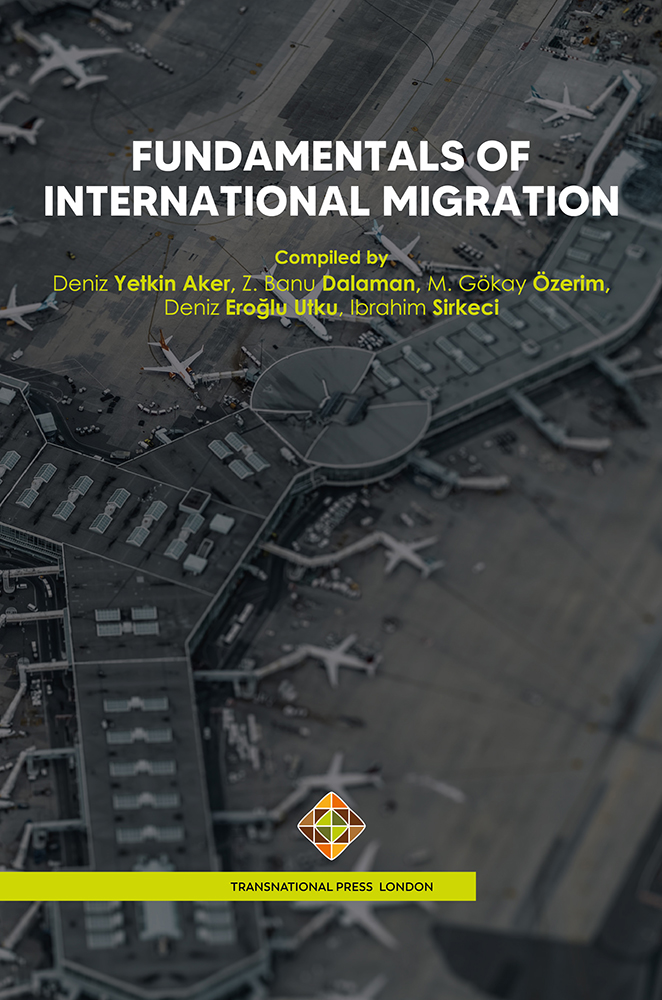
Debates in the political field about “democratic transition” or “democratic transformation” have been related to the shift from authoritative regimes to incipient democracy, especially to account for changes in Eastern Europe, Latin America, and, to some extent, Africa and Asia. Both terms are used to designate the idea of democratization of countries.
More...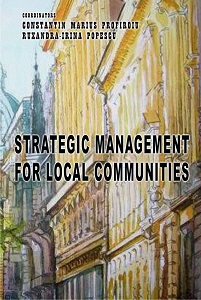
This paper examines the activities and roles of NGOs in order to determine their place in contemporary society. The first part of the paper outlines the criteria for definition and classification of NGOs. The second part of the paper provides an analysis of NGO evolution and development throughout history focusing on their influence and role in the world. In the end, the author concludes that NGOs represent a citizens' initiative in order to solve community problems and their involvement in society requires time and resources.
More...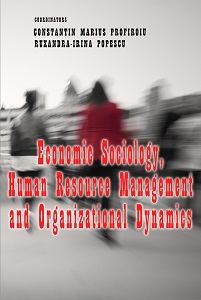
The first part of the paper provides an overview of the Romanian non-governmental sector and its challenges faced after 1989. The legal basis for setting and maintaining this sector as well as the classification of non-governmental organizations and the structure of human resources are also explained. The second part of the paper performs a broad analysis covering the whole Romanian nongovernmental sector. In the end, some general recommendations on the Romanian NGO sector development are formulated.
More...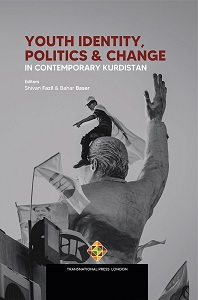
No matter where in the world you find yourself, the idea of youth and youth movements will always be a highly romanticized one. From the young men intent on bringing down France’s absolute monarchy in the late eighteenth century and Mazzini’s Young Italy movement in the nineteenth century, to the Edelweiss Pirates in 1930s Nazi Germany and the student-led anti-gun group founded three years ago in the United States following a deadly shooting at the Marjory Stoneman Douglas High School. For the nostalgic soul, youth movements are vestiges of days gone by—a time with few complications, other than fighting for one’s ideals. Although eruptive and episodic, these movements were far from unstudied; they were, instead, organized and conscious. They were attempts by young men and women to bring about or resist societal change and took on a variety of forms, including “student rebellions, cultural innovations (literary, artistic, music) scientific revolutions, religious reforms, ethnic revolts, nationalist and political generations, and environmental, peace and anti-war movements” (Braungart and Braungart 2001, 16668). Having focused on young diaspora Kurds during my master’s degree in London, I was introduced to Kurdish youth movements both from afar and within an academic setting. It wasn’t until I relocated to the Kurdistan Region of Iraq (KRI) in 2013 that I began to truly appreciate the intricacies of today’s youth and the challenges they face. In this chapter, I highlight such challenges while focusing on nationalism and the ways in which it is being championed by the youth of today.1 To better understand the current brand of youth nationalism, I will explore what the movement meant to Kurdistan’s forebears, why it changed so dramatically after the mid-twentieth century, and how it became multifaceted and unfixed.
More...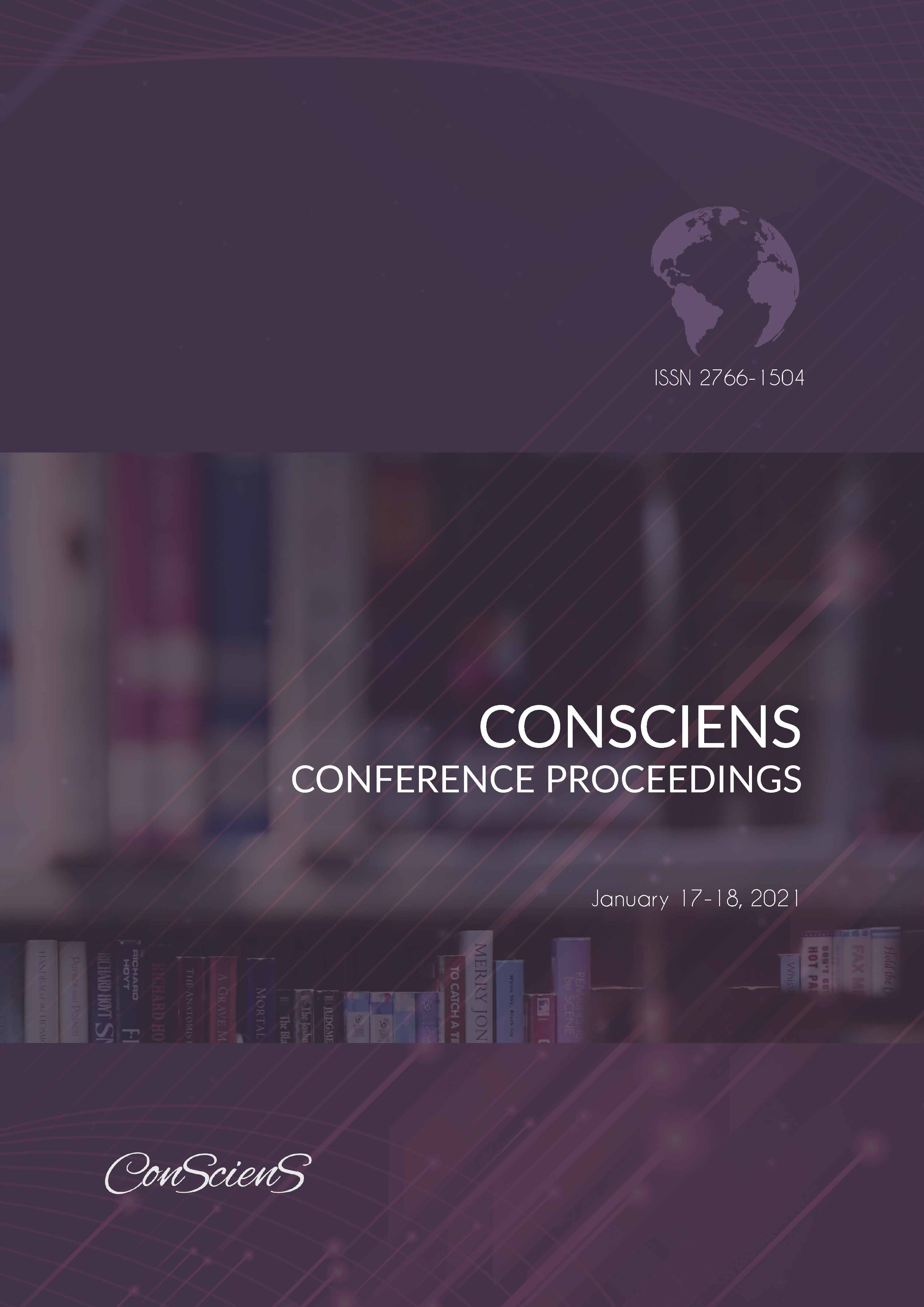
Neoliberalism is a term that has attracted a remarkable degree of frustration and fury within the academia. Its political ideology is associated with Wall Street greed, union-busting, deregulation, wage theft, privatization and exploitation. Critics claim it has been used as a weapon of the wealthy class to mask their true intentions. It removes decision-making out of popular hands and places decisions in the hands of unelected International Organizations, undoing democracy. The extreme inequalities and empowerment of capital that neoliberalism brings about, reduces human beings into market actors undermining the power and needs of the people. The main conclusion of the paper is that neoliberalism policies are a radicalizing threat to human potential and democracies in the 21st century.
More...
Among the many outcomes of the Arab uprisings of 2011 was the collective recognition that we had not been paying enough attention to our conceptual understanding of youth or the variety of forms that political activism can take in a region that seemed to have grown morose under its authoritarian yoke. The vibrancy of the social movements that manifested in public spaces across the region in 2011 demonstrated the limitations of analytical frameworks such as ‘waithood,’ ‘bulge,’ and ‘apathy’ for understanding the region’s youth and their relationship to politics. These gaps in knowledge drove forth numerous studies and multilateral research projects that have added significant conceptual depth to the notion of ‘youth’ that move well beyond age-based cohort definitions, as well as critical insight into the indirect or seemingly ‘non-political’ forms of Arab youth political activism. Such works have allowed us to conceive of youth within the frames of Mannheimian generational analysis, and have allowed us to see political participation outside of formal instances such as elections and parties. Yet at the same time, there remain conceptual gaps with regards to the analysis of ‘youth politics’ as well as the various factors that mediate a distinctly youth political behavior.
More...
The last decade of Lebanese youth activism shows a trajectory that seems somewhat incongruous with that of regional neighbors. Having largely sat out the broader revolutionary movements in 2011, youth activism seemed to join the Arab Spring in 2015 with the YouStink movement, which saw grievances move from issue-based claims around the garbage crisis to much broader calls for wide-ranging reform of the sectarian political system. While this movement failed to produce regime change, it nonetheless laid the foundations for the emergence of new generation political forces that challenged outright sectarian political party logic. Yet after some initial electoral success, these new efforts also seemed to fade away. Then in October 2019, revolutionary mobilization arrived in earnest, calling for an overhaul of the entire political class under the collective banner “All Means All,” only to dissipate under the crushing weight of Covid-19. In parallel to these protest waves and various manifestations of direct political contestation has been a plethora of new youth initiatives in various forms of public service within the country’s diverse civil society sector, which aim to either work with the State or indeed fill in gaps where the State is absent.
More...
Is there such a thing as ‘youth politics’ in the way we have gender politics, working class politics, or poor people’s politics; and if there is, what are its attributes and modes of expression? After all, what is the significance of youth politics, if any? Even though some have expressed doubts about ‘youth’ as a meaningful category or considered it as a mere construct, here I would like to propose an analytical lens which may help understanding youth as a useful category with distinct politics. In this sense ‘youth politics’ will be viewed in terms of the conflicts and negotiations over claiming or defending youthfulness; but this is a politics that is mediated by the position of the young in class, gender, racial, sexual and other involved social structures. In brief, the political outlook of a young person may be shaped not just by the exclusive preoccupation with ‘youthfulness’, but also by his/her positionality as citizen, poor, female, or a member of a sexual minority. The propositions advanced here are informed by my observations on young people’s lives in the contemporary Middle East, where the spectacular Arab uprisings brought youth to the forefront of politics.
More...